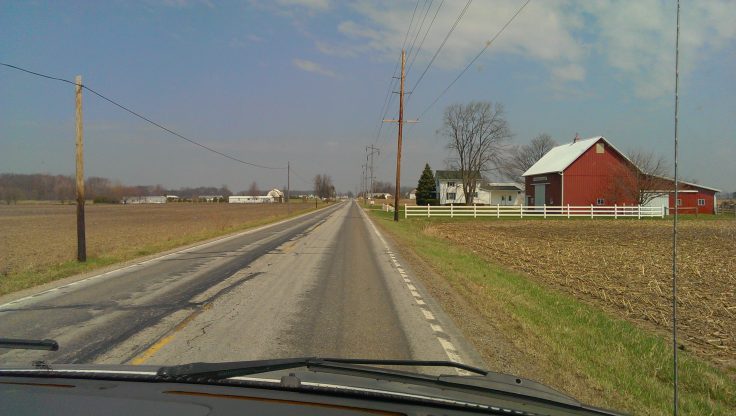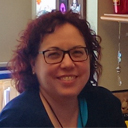
Purchase Tickets
The Impact of Local History Organizations
February 19, 2019

I travel all over the state working with local historical organizations of all types, and I love what I do. I meet interesting people. I get to talk to them about cool, and sometimes difficult, history. I am fortunate to get up close and personal to the stories of Indiana’s local communities. I wouldn’t have it any other way.
I know how important local historical societies are because I see it. I could write pages and pages about how much local history groups impact their communities with stories about buildings and artifacts. But, I won’t. Instead, I’ll tell you a story about a person and what local history meant to her.
Several years ago, I was with a group of folks who were touring the county where I live. We were visiting museums and historic buildings. People were telling us about their history. It was a great day.
Then, I noticed a friend of mine hanging back outside of one of the buildings – a preserved schoolhouse. She was crying. She told me that she would never have the opportunity to walk through the building where her parents went to school. They were African-American and the school they attended had been torn down years before. My friend said she doesn’t remember any discussion about preserving the school as part of her community’s history.
Because the school had been demolished, the African-American community lost a tangible part of their history. It was an erasure of their past and of the shared past of the entire community. After that experience, I thought a lot about what preserving local history means and what it would have meant to my friend to be able to walk those halls and hear her parents’ stories in that building.
I think local historical organizations can have a tremendous impact. Local historical organizations are about preserving the past, but they are also about dealing with loss. They have the ability to recognize the local stories and to advocate for preserving not just the buildings and artifacts but also the voices from the past. They help tell the smaller, oftentimes quieter, stories that get lost in the larger narratives. Local historical organizations help us find the truth in our collective pasts and can be powerful leaders in the process of reconciliation.
So, the next time you visit your local museum or historical society or local history room, look beyond the artifacts to the stories, listen to the voices and add your own voice to the local story.









